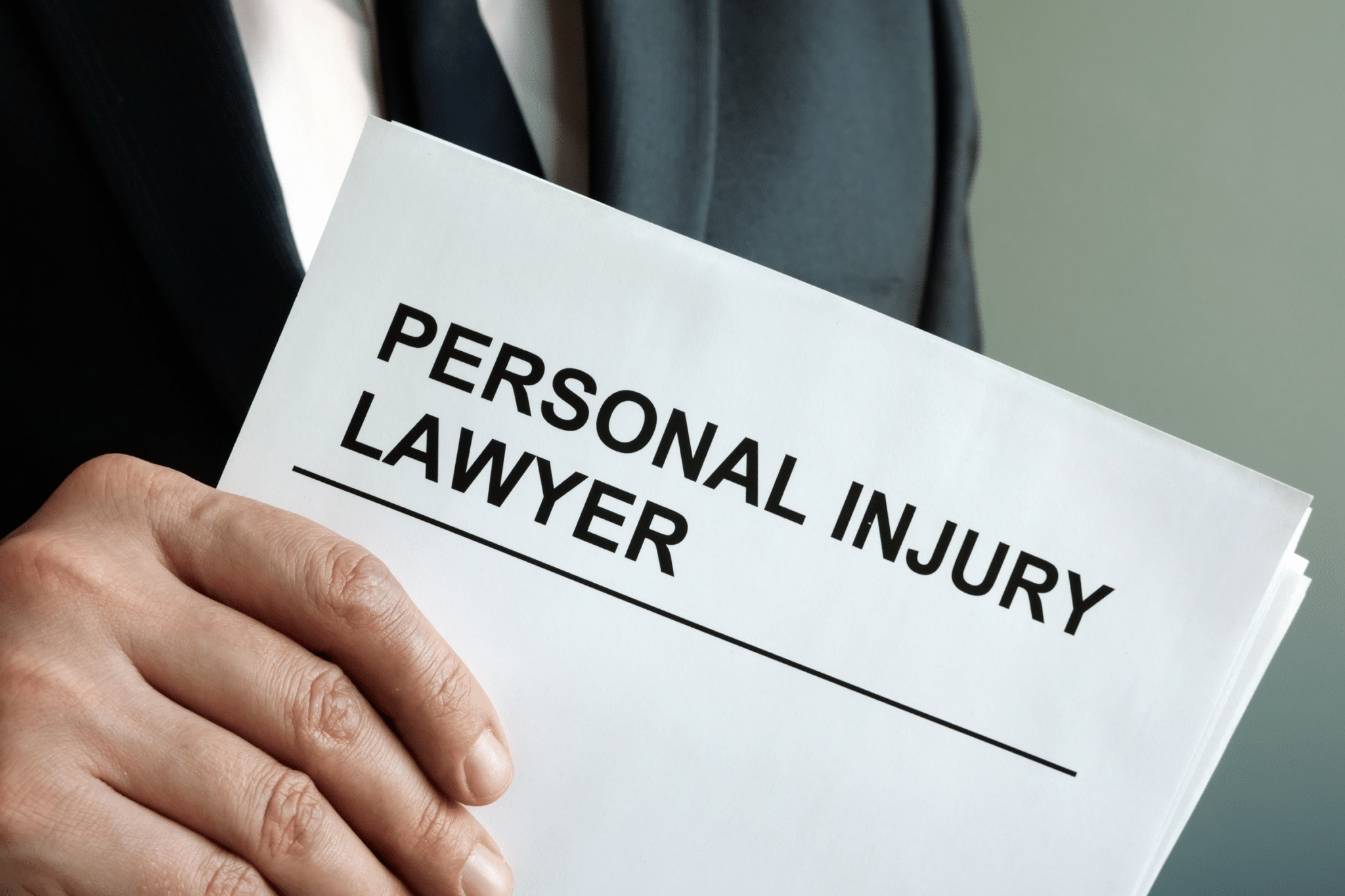
Navigate the complex landscape of personal injury claims and understand the nuances that can influence the outcome of your case.

Understanding Personal Injury Law: Definitions and Scope
Personal injury law encompasses a wide range of cases where an individual suffers harm due to someone else’s negligence or intentional actions. It includes situations like car accidents, workplace injuries, slip and fall incidents, and medical malpractice.
To pursue a personal injury claim, it is essential to understand the legal definitions and scope of personal injury law. This involves knowing what constitutes negligence, the duty of care owed by individuals or entities, and the types of damages that can be sought in a personal injury case.
By having a clear understanding of personal injury law, you can navigate the complexities of your case and make informed decisions to protect your rights and seek fair compensation.
Car Accident Claims: A Common Form of Personal Injury
Car accidents are one of the most common forms of personal injury cases. They occur when a driver’s negligence or reckless behavior leads to injury or property damage. Examples of car accident cases include rear-end collisions, drunk driving accidents, and hit-and-run incidents.
If you have been involved in a car accident, it is crucial to gather evidence such as police reports, witness statements, and medical records. This evidence can help establish liability and support your claim for compensation. Working with an experienced personal injury attorney can greatly increase your chances of success in obtaining a favorable outcome.
Remember, each car accident case is unique, and the compensation you may be entitled to depends on factors such as the severity of your injuries, medical expenses, lost wages, and emotional distress. Consulting with a legal professional can help you understand your rights and options.
Workplace Injuries: Rights and Recourses
Workplace injuries can occur in various industries and can range from minor incidents to severe accidents that result in long-term disabilities. Examples of workplace injuries include falls, machinery accidents, exposure to hazardous substances, and repetitive strain injuries.
If you have been injured at work, it is important to understand your rights and recourses. In many cases, workers’ compensation insurance provides benefits to cover medical expenses and lost wages. However, there may be instances where a personal injury claim can be pursued against a negligent third party, such as a contractor or equipment manufacturer.
To navigate the complexities of workplace injury claims, it is advisable to consult with a personal injury attorney who specializes in this area of law. They can help you determine the best course of action and ensure that your rights are protected throughout the legal process.
Slip and Fall Cases: Liability and Proof
Slip and fall cases involve injuries that occur due to hazardous conditions on someone else’s property. These can include wet floors, uneven surfaces, inadequate lighting, or hidden hazards. Property owners have a duty to maintain safe premises and warn visitors of any potential dangers.
To pursue a slip and fall case, it is important to establish liability and provide proof of negligence. This can be done by gathering evidence such as photographs of the hazard, witness statements, and medical records documenting your injuries. Additionally, it is crucial to report the incident to the property owner or manager as soon as possible.
Proving liability in slip and fall cases can be challenging, as property owners may argue that you were partially responsible for the accident. Working with a skilled personal injury attorney can help strengthen your case and increase your chances of receiving fair compensation.
Medical Malpractice: Navigating the Complexities
Medical malpractice refers to situations where a healthcare professional’s negligence leads to harm or injury to a patient. Examples of medical malpractice include misdiagnosis, surgical errors, medication mistakes, and birth injuries.
Navigating medical malpractice cases can be extremely complex, as they require expert testimony, extensive medical records review, and a thorough understanding of medical standards of care. It is crucial to consult with a personal injury attorney who specializes in medical malpractice to ensure your case is handled effectively.
If you believe you have been a victim of medical malpractice, it is important to gather all relevant medical records, document your injuries, and seek a second opinion from another healthcare professional. An attorney can guide you through the legal process, help you understand the potential damages you may be entitled to, and work towards obtaining a fair settlement or verdict.




